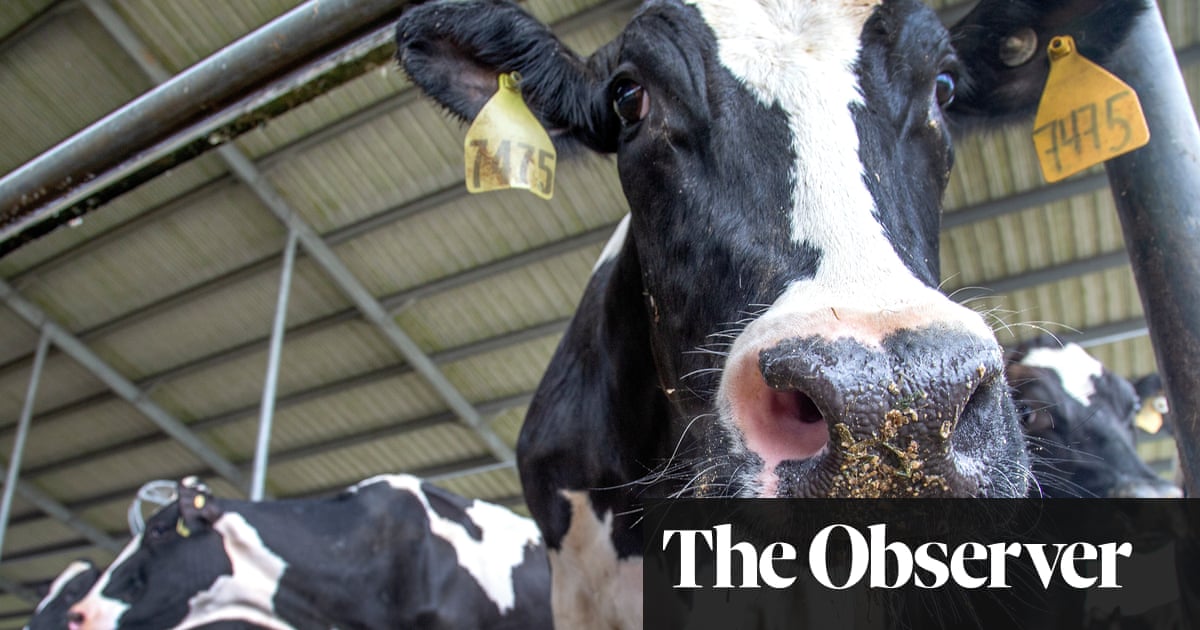
A H5N8 strain of bird flu has been detected in humans for the first time, among seven workers who were infected at a Russian poultry plant in December.
There is no evidence of the strain being transmitted between humans, but Russia has reported the transmission to the World Health Organization.
The workers now feel well, and “the situation did not develop further”, according to Dr Anna Popova, head of consumer health watchdog Rospotrebnadzor. She said the workers had been infected during an outbreak of the strain at the plant.
Outbreaks of the strain have been reported in Russia, Europe, China, the Middle East and north Africa in recent months, but only in poultry.
Other strains of bird flu, including H5N1, H7N9 and H9N2, have been transmitted to humans before.
The H5N8 strain is deadly for birds, and this marks the first transmission of the strain from animals to humans. While Popova said the strain didn’t appear to be able to spread among humans, “only time will tell how soon future mutations will allow it to overcome this barrier”.
The discovery of this strain “gives us all, the whole world, time to prepare for possible mutations and the possibility to react in a timely way and develop test systems and vaccines,” she said.
The Vector Institute in Siberia said on Saturday that it would start developing human tests and a vaccine against H5N8, according to RIA news agency.
Speaking on state TV, Popova said that Russia had reported the developments to the WHO several days ago, “just as we became absolutely certain of our results”.
Most cases of human bird flu infections have been linked to direct contact with infected live or dead poultry, though properly cooked food is considered safe.
The cases tend to be spread via migrating wild birds, leading producing countries to keep their poultry indoors or segregated from wildlife.
Outbreaks of bird flu often lead poultry plants to kill their birds to prevent the virus spreading further, and often prompts other countries to impose trade restrictions. In the UK, five outbreaks of the H5N8 strain in Gloucestershire, Dorset, Devon, Cheshire and Kent were detected in November, leading officials to implement a prevention zone in England, Scotland and Wales.
The Department for Environment, Food and Rural Affairs said that all birds in the affected areas had been culled “humanely” and control zones introduced.












